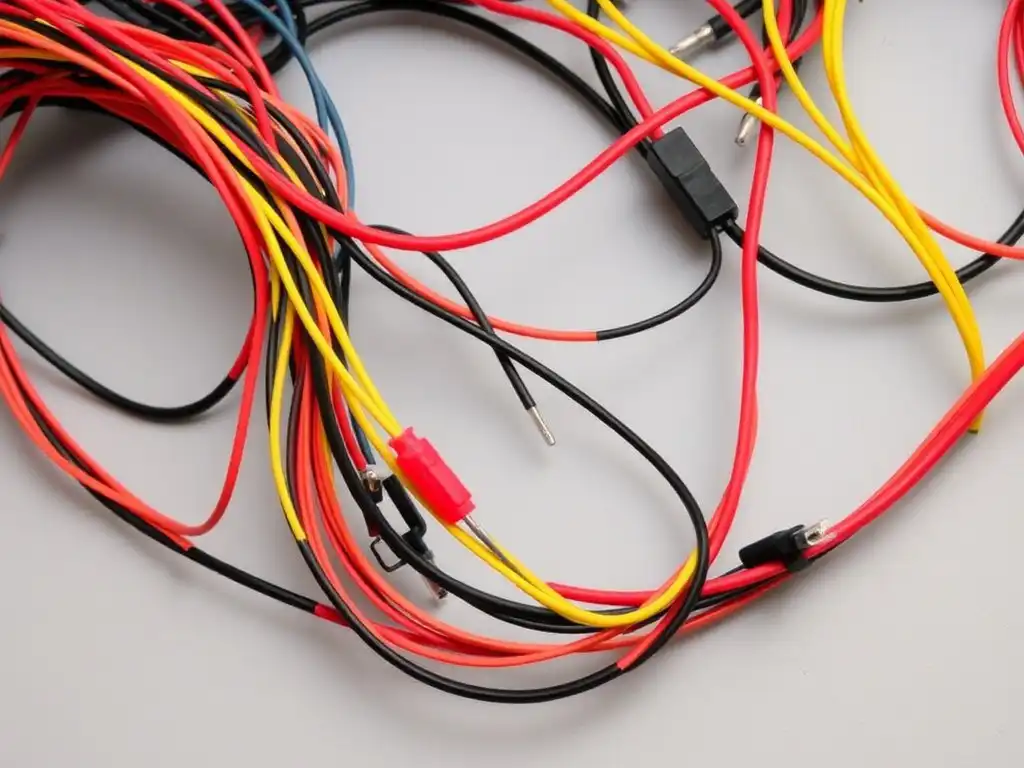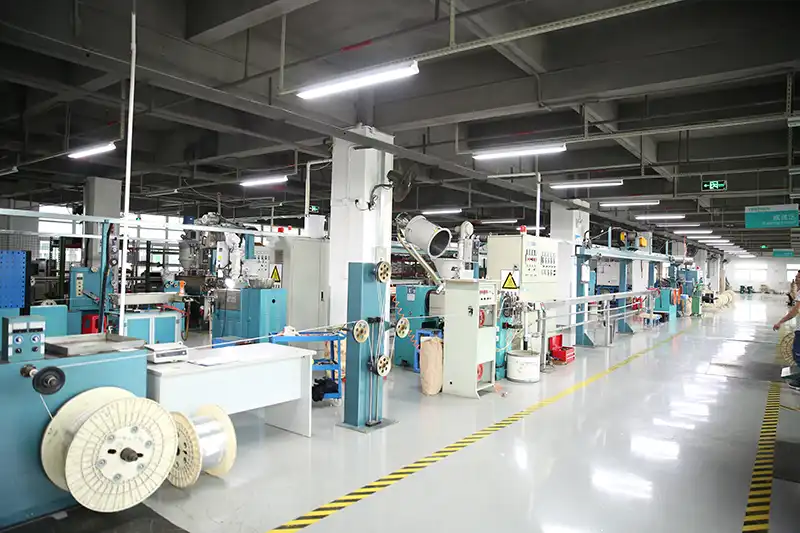The automotive industry has undergone significant changes over the past few decades, and with each advancement, the complexity of automotive wiring harnesses has increased. These harnesses are essential for transmitting power and signals throughout the vehicle to ensure optimal operation of electrical and electronic components. As a professional automotive wiring harness manufacturer, we understand the importance of using high-quality materials to ensure safety, reliability, and durability. In this article, we will discuss the materials commonly used in automotive wiring harness manufacturing.
Conductive Materials: Copper and Aluminum
At the heart of any wiring harness is the conductive material that carries the current. Copper is the most commonly used conductive material in automotive wiring harnesses because of its excellent conductivity, flexibility, and tensile strength. It can carry high current loads without significant voltage drop, which is critical in automotive applications where performance and safety are critical.
Aluminum is another conductive material that is sometimes used as a cost-effective and lightweight alternative to copper. While aluminium is only about 60%as conductive as copper, aluminium’s significant weight advantage and lower cost make it an ideal choice for larger vehicles or applications where weight reduction is a top priority. However, using aluminium requires special connectors and terminals to prevent galvanic corrosion, which can occur when aluminium comes in contact with dissimilar metals.

Insulation Materials: PVC, XLPE, and TPE
Insulation materials are critical in automotive wiring harnesses because they protect wires from environmental factors and prevent electrical leakage. Polyvinyl chloride(PVC)is a common insulation material favoured for its flexibility, durability, and resistance to abrasion, chemicals, and temperature changes. It is suitable for both low- and high-voltage applications and can be easily colour-coded for wire identification.
Cross-linked polyethene (XLPE)is another popular insulation material used in automotive wiring harnesses. It has superior thermal, chemical, and physical properties to PVC and has enhanced abrasion resistance, making it ideal for harsh automotive environments.
Thermoplastic elastomers(TPE)are a blend of plastic and rubber, so they have the properties of both materials.TPEs are used in applications that require flexibility and durability, such as areas that experience frequent movement or vibration.
Protective Coverings: Corrugated Tubing, Braided Sleeving, and Foil Tape
To further protect wires from environmental hazards such as moisture, heat, abrasion, and chemical leaks, additional protective coverings are required. Corrugated tubing made from nylon or polypropylene offers an excellent balance between flexibility and strength and is commonly used to wrap automotive wiring harnesses.
Braided tubing made from materials such as polyester or nylon provides physical protection while maintaining flexibility. They can also reduce noise by minimizing vibration and rattle of cables within the harness.
Foil tape is made from aluminium or copper and can be wrapped around the harness to shield electromagnetic interference(EMI), which can disrupt the operation of sensitive electronic components in modern vehicles.
Connectors and Terminals: Brass, Copper, and Plastics
Connectors and terminals play a key role in connecting wires and ensuring reliable electrical connections. Brass and copper are widely used to manufacture terminals due to their excellent conductivity and corrosion resistance. Terminals can also be plated with materials such as tin or gold to further improve performance and lifespan.
Plastics, such as polyamide or PBT, are used for connector housings because they provide a rugged yet lightweight solution that can withstand high temperatures and harsh automotive fluids.

Committed to Quality and Innovation
As a professional automotive wiring harness manufacturer, we are constantly exploring and adopting new materials and technologies to ensure that our products meet the highest standards of quality and reliability. Our commitment to innovation is matched by our dedication to sustainability, which compels us to seek environmentally friendly materials and manufacturing processes.
In summary, there are a variety of materials used in automotive wiring harnesses, which are selected for their ability to withstand the harsh conditions in which automobiles operate. Copper and aluminium remain the conductors of choice, while insulation and protective jacketing materials such as PVC, XLPE, and TPE ensure the integrity of the wiring harness. Connectors and terminals made of brass, copper, and durable plastics ensure a solid electrical connection. As a manufacturer, we are committed to providing the automotive industry with wiring harnesses that are superior in performance, safety, and quality.



